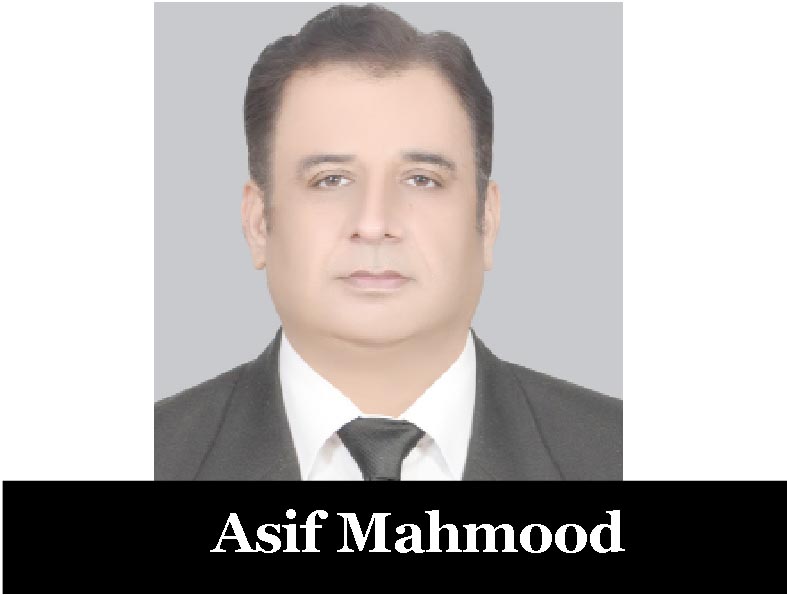Asif Mahmood
The rapid warmth between Kabul and New Delhi is striking. Nooruddin Azizi’s upcoming visit to India, following Amir Khan Muttaqi’s unusually long eight day trip, shows how quickly the Taliban are trying to lock in Indian goodwill. For Pakistan the shift is not just diplomatic theatre it is a revealing window into how the Emirate prioritizes survival over its own grand narratives.
The easiest place to see this shift is in their posture on Kashmir. For years Taliban linked figures romanticized jihad in Kashmir and condemned Indian policies against Muslims. Yet when senior Taliban officials land in Delhi there is complete silence on Kashmir, CAA or anti Muslim violence. Not a sentence is uttered. When trade routes and political recognition are at stake principle becomes optional.
Their rhetoric about the Muslim ummah shows the same inconsistency. The Emirate celebrates Islamic solidarity and historic bonds with Pakistan but when tensions rose over TTP, FAK, borders and refugees, the first door they rushed to was India’s. A Hindu majority state suddenly became a more attractive partner than the closest Muslim neighbor whose security concerns they routinely shrug off.
Before turning to India’s embrace of them the Taliban themselves spent two decades branding India an idol worshipping Hindu state hostile to Islam. They invoked the language of civilizational war to justify blowing up the Bamiyan Buddhas, calling it a strike against un Islamic idols and the Buddhist Hindu heritage India champions. Now they court the same state for dams, markets, investments and wheat. The contrast is breathtaking.
Their attitude toward borders and sovereignty also shifts with convenience. They muddy or reject the internationally recognized Durand Line with Pakistan. Yet on Indian security concerns they avoid confrontation and offer quiet assurances. The maximalist posture applies only to one side of the map.
Economically their transformation is equally telling. The Taliban spent years attacking the Western financial order as interest based slavery and denouncing institutions tied to global capital. But India, deeply embedded in that very global system, is now approached as a gateway for unlocking banking channels, securing investments and reviving reconstruction projects.
Similarly the narrative that the former Kabul republic was India’s puppet and that Indian consulates were RAW outposts has been quietly buried. The Emirate now relies on Indian wheat, Indian ports, Indian trade corridors and Indian reconstruction money. Dependency has replaced denunciation.
Even their diplomatic posture reveals a pattern. The Emirate claims it does not beg for recognition but repeated ministerial trips to a country that has not formally recognized them tell another story. The quest for legitimacy continues behind the façade of self respect.
At home the Taliban insist on unbending Sharia absolutism no concessions on girls’ education, women’s work or media freedoms. Yet beyond their borders they operate as pure pragmatists willing to forget past idols and past enemies in exchange for cash and corridors.
The message for Pakistan is clear. The Taliban reserve hard lines, religious posturing and ideological rigidity for Pakistan and the West. But when dealing with India they set aside the jihadist vocabulary and act like any vulnerable regime desperate for economic lifelines.
Pakistan must deal with Kabul as it is, not as it claims to be. If the Emirate is transactional with India, Islamabad must be equally clear eyed in protecting its own interests.
